The hidden costs of homeownership – and 20 smart ways to cut them down
Clever ways to slash household costs

Owning a home is seen as a dream come true for many, but if you’re unprepared for the financial responsibility, that dream can soon turn into a nightmare. Beyond your mortgage, there’s a long list of ongoing costs that can catch even experienced homeowners off guard.
Click or scroll as we break down the hidden costs of homeownership and reveal 20 clever ways to reduce them...
Legal and conveyancing fees
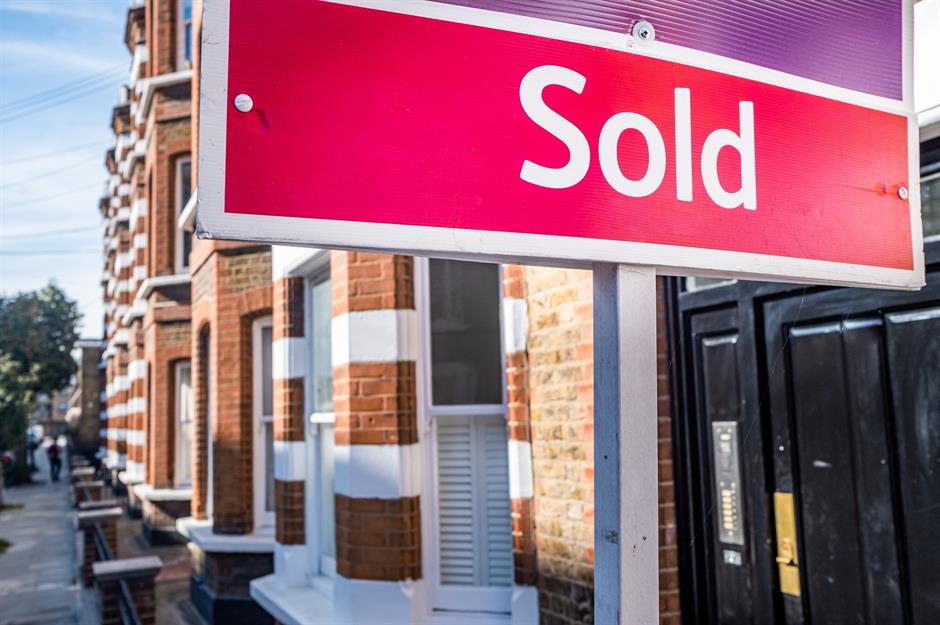
Before you've even got your hands on the keys to your home, you'll need to spend a fair amount on legal fees. A conveyancing solicitor will help you legally purchase the house and manage the financial transactions necessary to complete the sale.
However, it's worth remembering that there will be recurring costs if you decide to remortgage with a different lender, or you need to add or remove someone from the mortgage or title. Such services can cost between £100 and £500 + VAT, according to The Law Superstore. To ensure the best deal, compare quotes from at least three firms and opt for a fixed-fee solicitor to avoid unexpected charges.
Mortgage fees

For many, a mortgage is the only route to home ownership, but aside from monthly repayments, you might face surprise costs during the mortgage term. For example, some lenders impose an early repayment charge (ERC) if you leave your deal prematurely. This fee could be as much as 5%, according to Money Saving Expert. So, if you have an outstanding balance of £300,000, that equates to £15,000.
To avoid hidden costs, wait for your current deal to expire before switching, negotiate fees, and always compare rates.
Service fees and ground rent
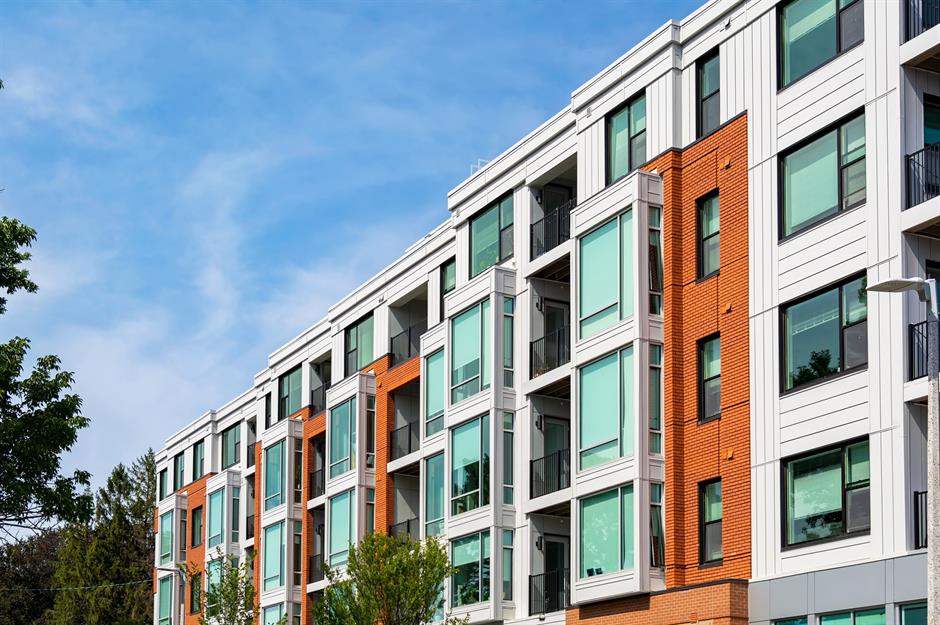
For some homeowners, like those living in shared ownership schemes or newly-built apartments, there may be monthly fees for communal area maintenance and other services, like gyms or lifts.
These monthly or annual dues tend to increase each year, so you could soon find yourself out of pocket. To save some money and play a part in your building's fees, attend committee meetings, review budgets, and push for community cost-saving measures, such as solar panels or bulk contracts.
Property taxes
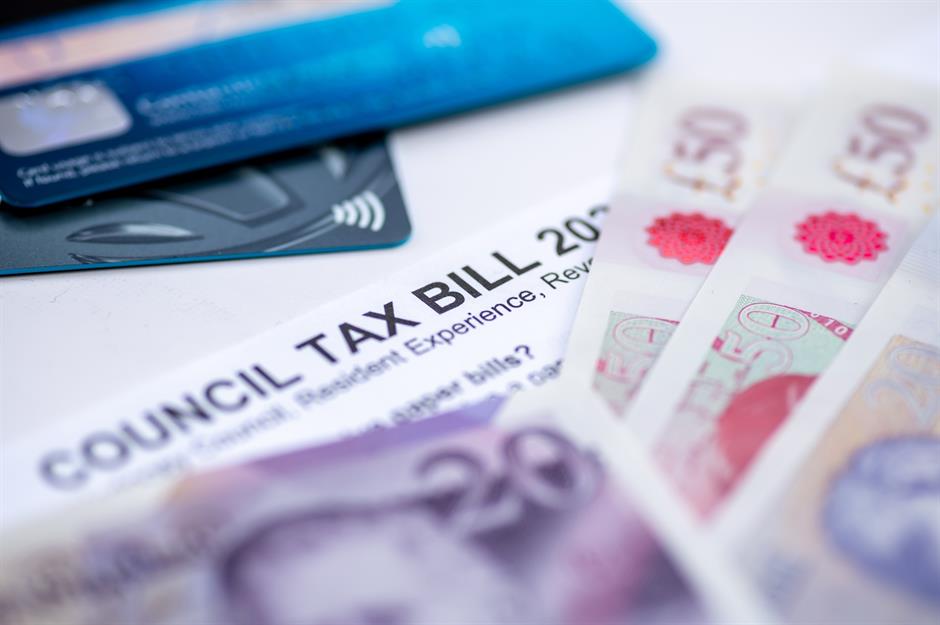
In the UK, most homeowners have to pay council tax. This annual fee is paid to your local council and funds services like rubbish collection, park maintenance, and street lighting. Each area of the country is split into different tax bands.
For example, the average Band D council tax in England is £2,280 a year. However, there are several ways to reduce this fee. If you live alone, you can apply for a 25% discount. Live-in carers and full-time students are also exempt from paying council tax, so do your research.
Maintenance and repairs
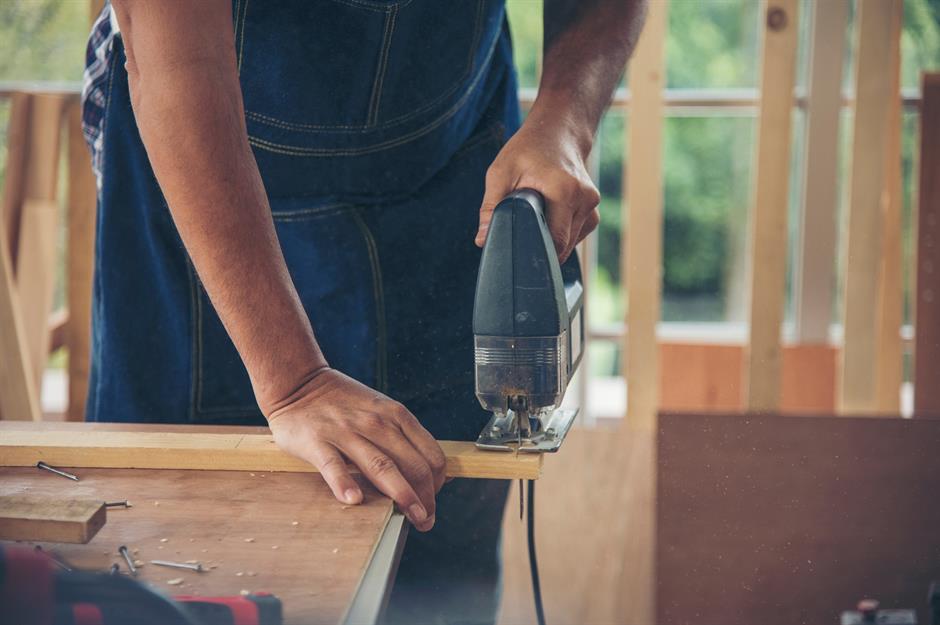
Our homes are never really finished, even if we've just completed a major renovation. There will always be repairs and maintenance that need to be done. Routine upkeep and emergency fixes can soon add up, so as a smart fix, set aside 1% to 2% of your home’s value each year, just in case.
Teach yourself some basic DIY skills using YouTube videos or online tutorials to help you make small repairs, instead of calling in a pricey professional.
Windows and doors
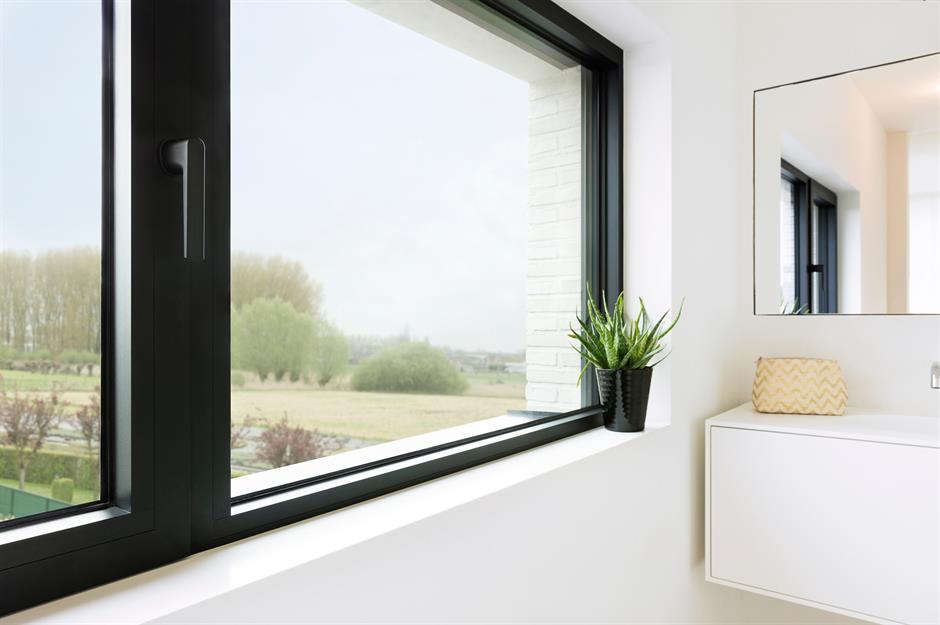
Our windows and doors act as a first line of defence against the elements, while keeping us safe and secure. But, of course, they come with ongoing costs. From regular cleaning to seal maintenance and lock repairs, you could face numerous unexpected costs.
To keep fees down, clean frames and tracks a few times a year with soap and water, lubricate hinges and locks annually with silicone spray or oil, and check seals and weatherstrips – and replace them early! Misted double glazing? You can replace the glass for around £100, instead of the whole window (around £520), according to Checkatrade.
Boiler or heating systems
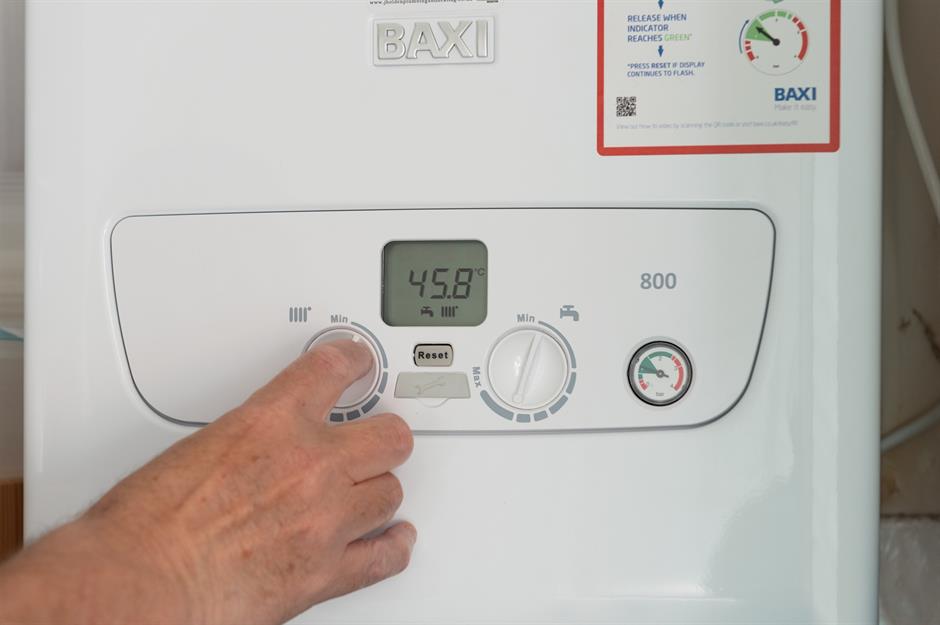
Boiler servicing is essential to avoid costly breakdowns and keep your heating system running efficiently. Ignoring maintenance can lead to expensive repairs, higher energy bills, or even safety risks like carbon monoxide leaks.
To mitigate fees, schedule an annual boiler service with a qualified engineer to catch issues early. Bleed radiators annually, check boiler pressure, and keep the area around your boiler clear for proper ventilation. Investing in a service plan can also help spread costs. According to Checkatrade, a new boiler costs between £1,200 and £10,000 (excluding installation), while a service costs, on average, just £100.
Appliance replacement
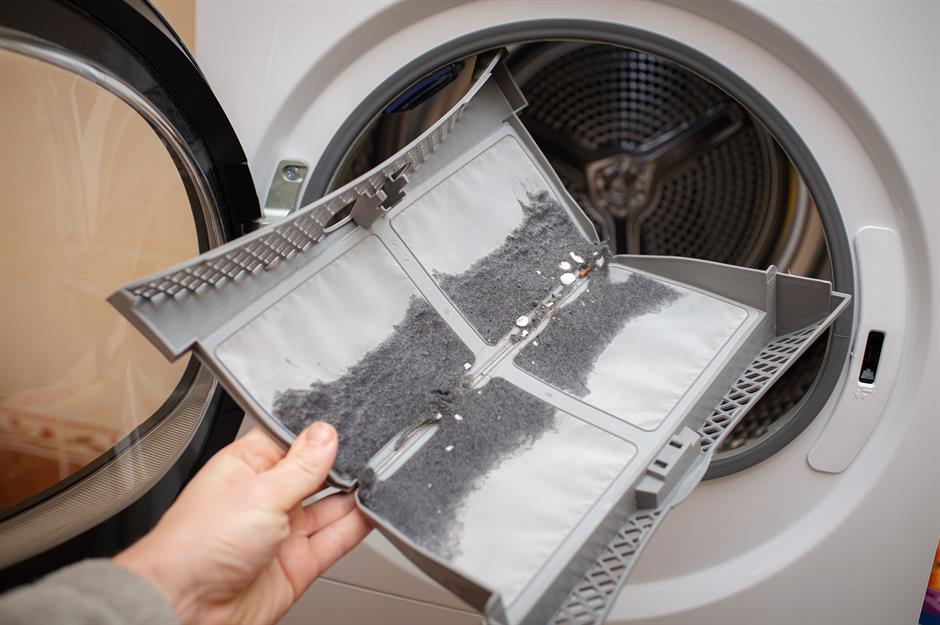
From the refrigerator to the dishwasher, our appliances make our lives easier – when they work! But without proper maintenance and care, our appliances can break down, leading to expensive repairs or replacements. For example, the average fridge-freezer lasts for 10 years, and a new one costs around £586, according to kitchen retailer Magnet.
To get the most out of your appliances, clean filters and coils regularly, defrost your freezer annually, and avoid overusage. Most good manufacturers offer warranties, so don't forget to register yours at the time of purchase.
Furniture and décor

Furniture and décor naturally age with use, but regular care can prevent costly replacements. Sunlight, spills, and daily wear can fade fabrics and damage finishes over time. To save money, clean and maintain furniture according to manufacturer guidelines, use protective covers, and rotate cushions to ensure even wear.
Choosing timeless, high-quality pieces can also reduce the need for frequent redecorating. Refreshing décor with small updates, like new cushions, throws, or a lick of paint, can give your home a fresh look without the expense.
Featured furniture available from ercol.
Property wear and tear
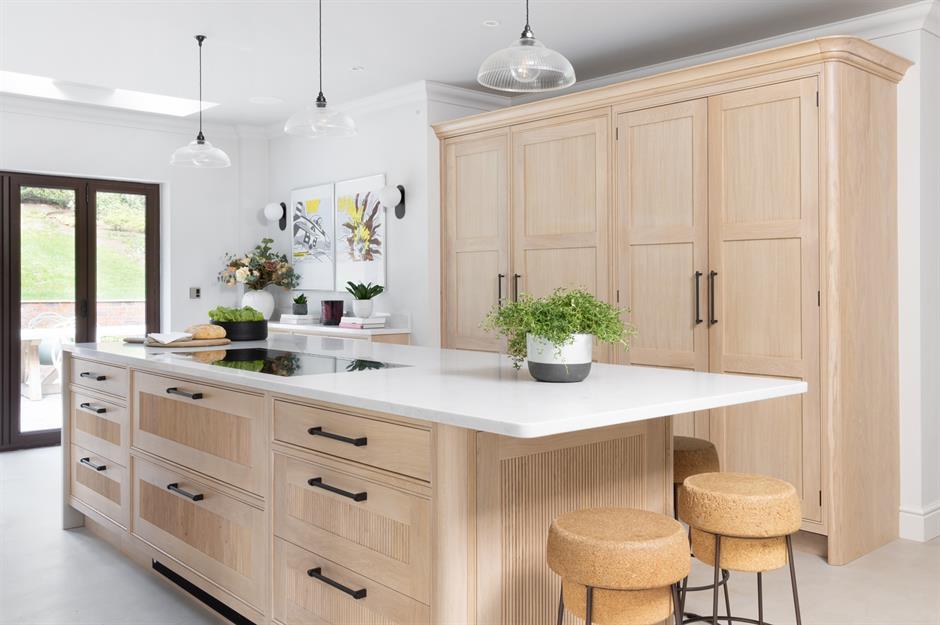
Property wear and tear is inevitable, but neglecting it can lead to expensive repairs and could even reduce your property's value. Small issues like peeling paint, loose tiles, or minor leaks can quickly worsen if ignored. To save money, carry out regular inspections and tackle maintenance tasks early. Repainting, resealing windows, and fixing broken items can prevent long-term damage.
Using durable materials and scheduling seasonal upkeep can help extend your property’s lifespan. Consistent care protects your investment and reduces the need for costly renovations later.
Featured kitchen available from Searle & Taylor Kitchens.
Plumbing and drainage issues
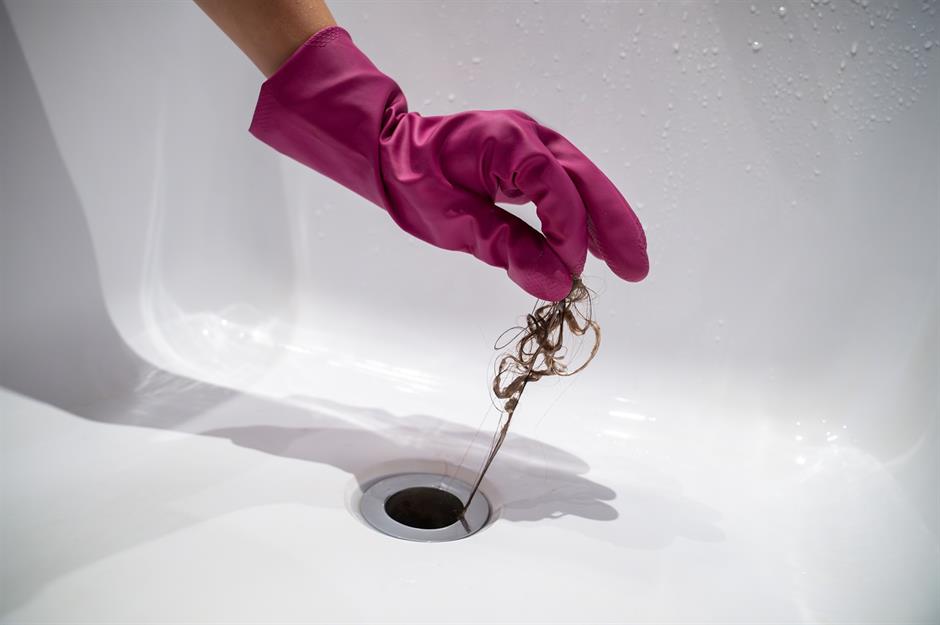
Plumbing and drainage issues can quickly become expensive for homeowners, especially if leaks, blockages, or burst pipes go unnoticed. Water damage can lead to costly repairs, mould growth, and higher utility bills. To reduce costs, check for leaks regularly, insulate pipes to prevent freezing, and avoid flushing unsuitable items down drains.
Scheduling annual inspections can help detect small problems before they escalate. Installing drain strainers and knowing where your stop valve is can also save money and prevent major plumbing emergencies in the future.
Cleaning and supplies
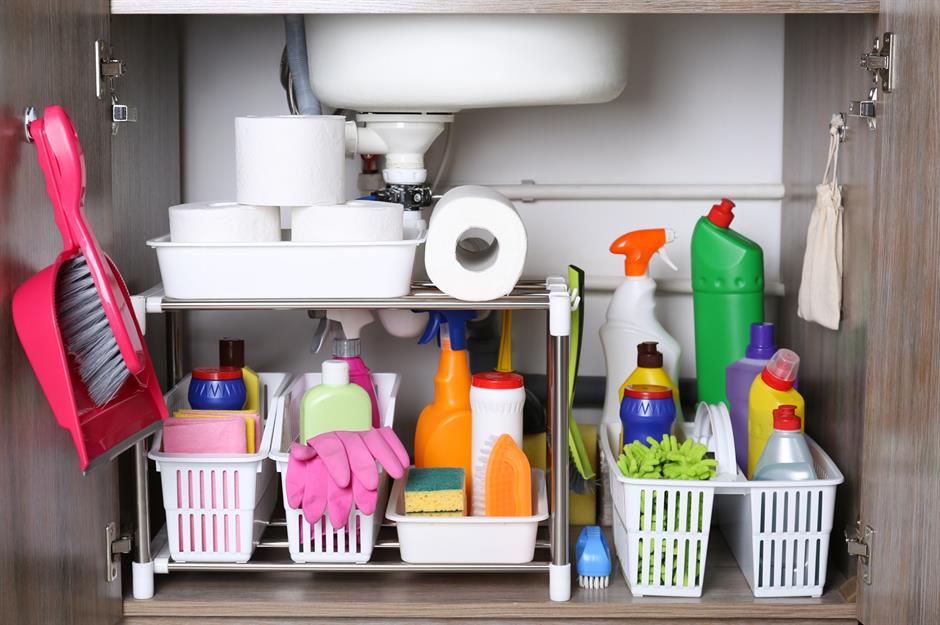
Regular cleaning helps prevent bigger, costlier problems in the home. Dirt, grime, and neglected surfaces can lead to stains, damage, or accelerated wear, meaning more frequent replacements or repairs. But there are numerous ways to prevent hidden costs: using the right cleaning products for each surface, maintaining a routine schedule, and tackling spills promptly.
Buying durable, multi-purpose supplies and investing in quality tools can reduce long-term costs. Small habits not only extend the life of your home’s fixtures but also save money over time.
Waste disposal
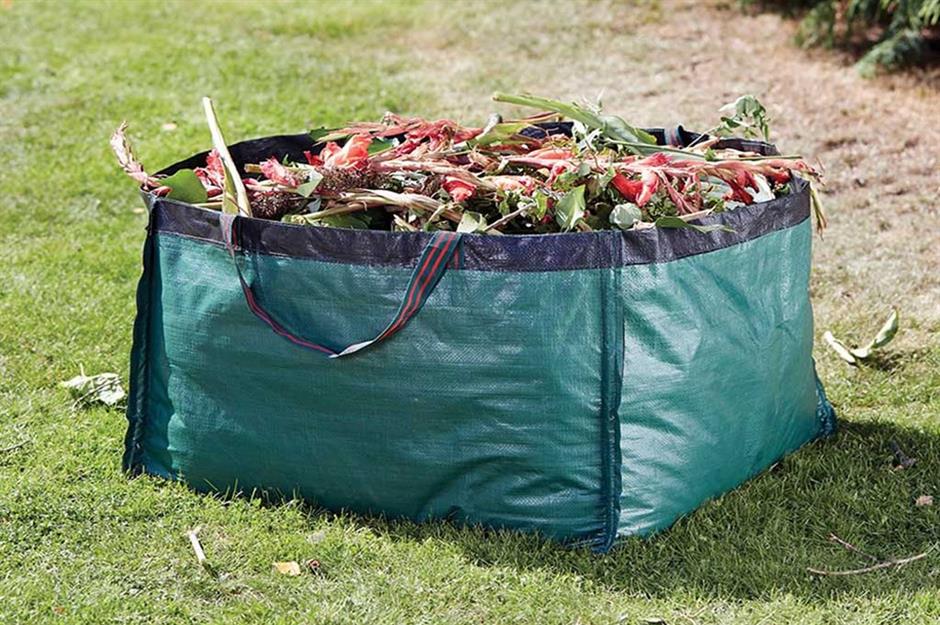
Improper waste disposal can lead to fines, unpleasant odours, pests, and even damage to your property, all of which can be costly. So, separate recyclables, compost organic waste, and follow local disposal regulations.
Regularly empty bins to prevent overflow and avoid putting hazardous materials down drains. Investing in sturdy bins, using waste-reduction strategies, and arranging periodic bulk waste collections can help keep your home clean and safe.
Featured Bosbag available from Agriframes.
Landscaping and gardening

Having a garden can be a real blessing, but they don't come without challenges. Maintaining a large exterior space can be time-consuming and expensive, so if you're finding yourself needing help, pause before calling in a professional gardener.
Instead, creating a low-maintenance garden with native plants could save you a fortune. Alternatively, install a drip irrigation system to deliver water slowly and directly to the roots of your plants and trees. Finally, consider a layer of mulch to help your soil retain moisture.
Roof and gutter care
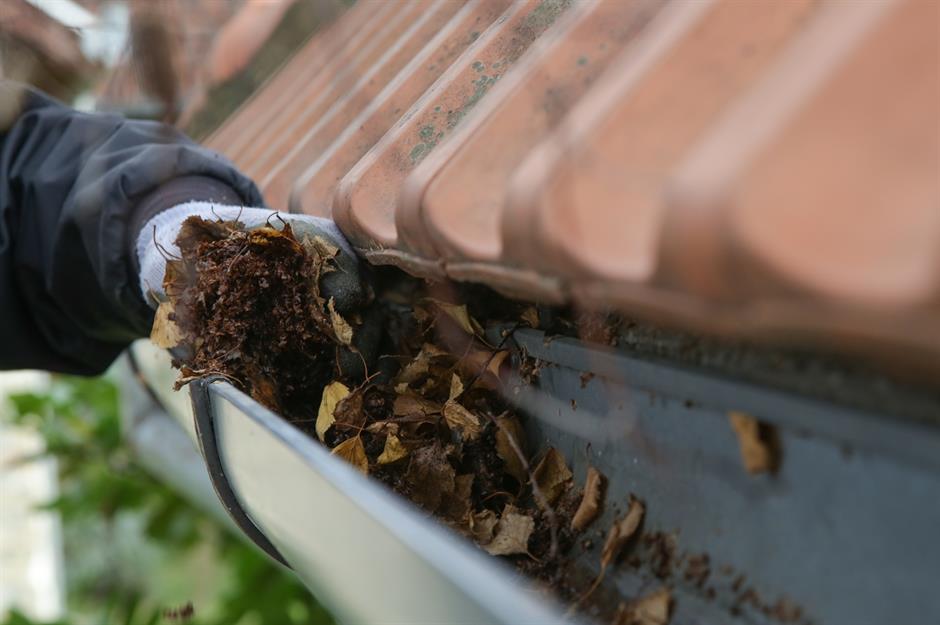
Your roof is perhaps the most important part of your home, so neglect can soon lead to leaks and water damage. Inspect it twice a year and arrange repairs if you notice a slipped tile.
The same goes for your gutters. Clogged gutters can cause foundation, roof, and fascia damage, so clean them regularly to prevent blockages and expensive remedial works. After all, water damage can cost homeowners between £700 and £4,500, according to Disaster Care Capital, while the national average for a new roof is £7,000, says Checkatrade.
Pest control

No matter how much we care for our homes, we will inevitably experience pests at some point. Ignoring the issue can quickly lead to big infestations and an even bigger bill from a pest control professional – the average cost in the UK is £230 per day, according to Checkatrade!
But if you're savvy and keep up with maintenance, you could avoid problems down the line. Seal entry points – like vents and cracks – to block any creepy-crawlies, keep clutter and mess to a minimum, and store food properly in sealed containers.
Security systems
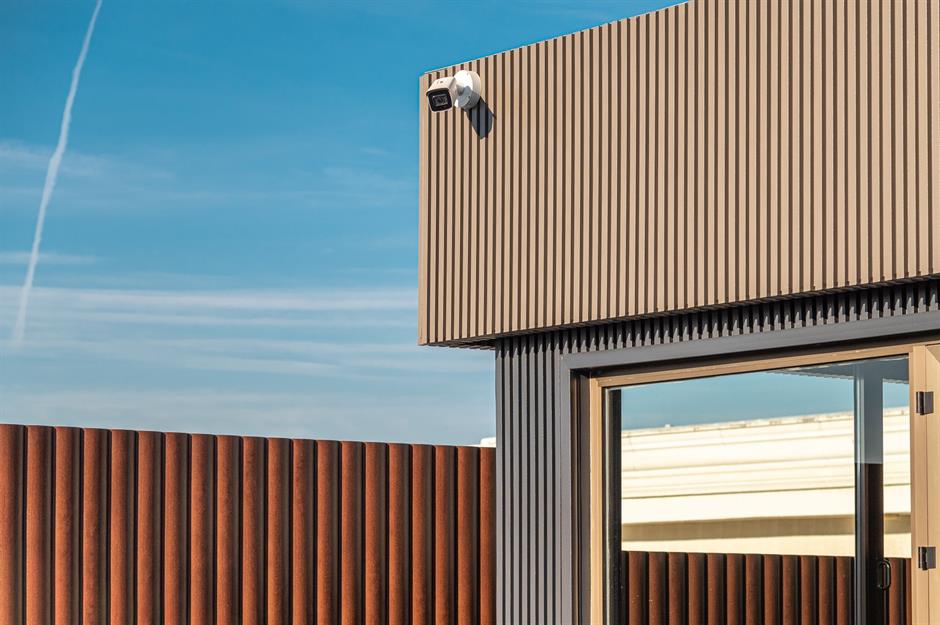
It goes without saying that security is of high importance when you buy a home. After all, you'll want to feel safe and at ease. There are plenty of firms offering luxury security services, with subscription and monitoring fees.
But protecting your home doesn't have to cost a fortune. Instead, purchase your own cameras and choose self-monitored smart systems. These will let you keep an eye on who's coming and going, but without the monthly costs.
Home insurance

Home insurance is in place to ensure that, if the worst happens, some of the losses can be recovered. For example, if your property is burgled or a leak causes extensive damage. As well as an annual or monthly payment to cover the insurance, homeowners may face high excess charges (the amount you need to pay when making a claim) or annual automatic renewal spikes. You could even be paying for unnecessary add-ons.
So, be sure to shop around annually for the best deal and consider bundling your insurance with another policy (car or pet cover) for a discount. Plus, installing safety devices, like security alarms or leak sensors, can qualify you for a reduced rate.
Utility bills

It's no secret that utility bills in the UK have only been going in one direction of late – up! From inflated energy prices to hiked water costs, many homeowners are struggling to pay their bills in full and on time. While we can't do anything about the cost of electricity, we can offer some advice to lessen the problem.
Energy-efficient practices, like turning off unused appliances and monitoring heating, can help lower bills. Add smart thermostats to your radiators, swap to low-flow fixtures, and always use LED bulbs. Plus, don't forget to regularly compare energy tariffs.
Inflation on daily essentials
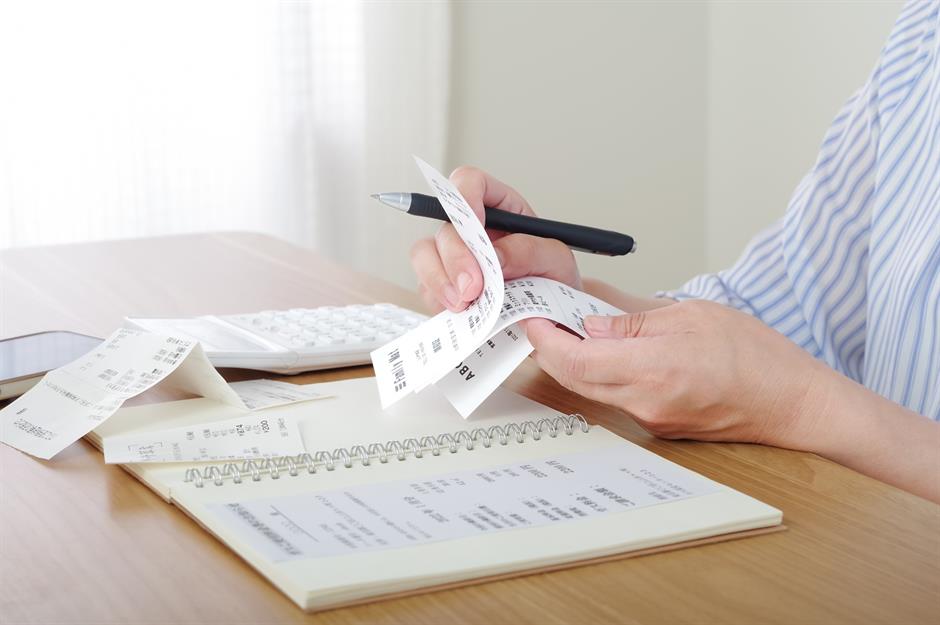
In recent years, inflation has increased the cost of everyday items like food and household essentials, putting financial pressure on many. To reduce your monthly outgoings, plan meals, shop with a list, and buy in bulk where possible.
Compare prices, use loyalty programs, and take advantage of seasonal produce and in-store offers. Small adjustments, such as meal prepping or reducing food waste, add up over time.
Loved this? Check out more genius home hacks and tips
Comments
Be the first to comment
Do you want to comment on this article? You need to be signed in for this feature